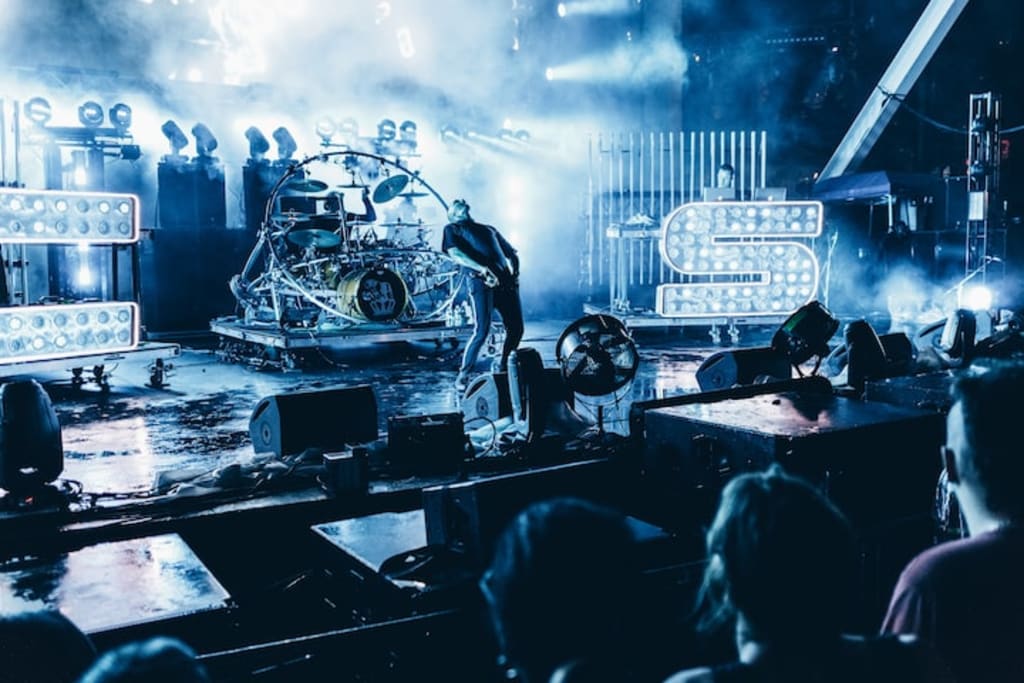NVIDIA Empowers 100 Million Windows RTX PCs and Workstations with Revolutionary Generative AI Capabilities and Unprecedented Performance
Article On Science & Technology

Leading the Way in Generative AI
NVIDIA, a pioneer in advanced computing, has introduced groundbreaking generative AI capabilities to over 100 million Windows RTX PCs and workstations, revolutionizing productivity, content creation, gaming, and more. By harnessing the power of neural networks, generative AI models and applications such as NVIDIA NeMo, DLSS 3 Frame Generation, Meta LLaMa, ChatGPT, Adobe Firefly, and Stable Diffusion can identify patterns within existing data to generate new and original content.
With the optimization of GeForce RTX and NVIDIA RTX GPUs, boasting up to 1,400 Tensor TFLOPS for AI inferencing, generative AI models can now operate up to 5 times faster than on competing devices. This significant boost in performance is attributed to the dedicated hardware called Tensor Cores, purpose-built within RTX GPUs to accelerate AI computations, combined with regular software enhancements. Recently unveiled DirectML optimizations at the Microsoft Build conference have further doubled the performance of generative AI models like Stable Diffusion.
Efficient AI Inferencing with Max-Q
As AI inferencing increasingly occurs on local devices, the demand for powerful and energy-efficient hardware becomes crucial. In response to this need, RTX GPUs are introducing Max-Q low-power inferencing capabilities for AI workloads. This feature allows the GPU to operate at reduced power consumption for lighter inferencing tasks, while still delivering unparalleled performance for intensive generative AI workloads.
Complete RTX-Accelerated AI Development Stack
To facilitate the creation of new AI applications, developers now have access to a comprehensive RTX-accelerated AI development stack running on Windows 11. This integrated ecosystem streamlines the development, training, and deployment of advanced AI models. Developers can begin by leveraging optimized deep learning frameworks available through the Windows Subsystem for Linux to develop and fine-tune their models. They can seamlessly transition to the cloud for training using the same NVIDIA AI stack, which is available from major cloud service providers. Afterward, developers can optimize their trained models for fast inferencing utilizing tools like the new Microsoft Olive. Finally, they can deploy their AI-enabled applications and features to a vast install base of over 100 million RTX PCs and workstations that have been optimized for AI. The impact of AI on Windows customers, stating, "AI will be the single largest driver of innovation for Windows customers in the coming years. By working in concert with NVIDIA on hardware and software optimizations, we're equipping developers with a transformative, high-performance, easy-to-deploy experience."
Expanding Generative AI into Gaming with NVIDIA ACE for Games
During the recent COMPUTEX 2023 keynote address, NVIDIA's founder and CEO, Jensen Huang, unveiled NVIDIA Avatar Cloud Engine (ACE) for Games, a new generative AI tailored to support game development. ACE for Games enables non-playable characters to exhibit intelligence through AI-powered natural language interactions, bringing a new level of immersion to gaming experiences. Middleware developers, tools creators, and game developers can leverage ACE for Games to build and deploy customized speech, conversation, and animation AI models within their software and games.
Generative AI on RTX: A Full-Stack Solution
From servers to the cloud to devices, generative AI powered by RTX GPUs has become ubiquitous. NVIDIA's accelerated AI computing spans the entire stack, emphasizing low-latency performance. Years of optimization efforts in both hardware and software, including fourth-generation Tensor Cores dedicated to AI computations, have resulted in a robust architecture for AI applications. Regular driver optimizations ensure peak performance, and the recent NVIDIA driver updates combined with optimized models and DirectML advancements on Windows 11 have delivered significant speed improvements. For example, developers leveraging DirectML optimized paths have experienced a 2x performance boost in Stable Diffusion compared to previous inference times.
With the introduction of the latest generation of RTX laptops and mobile workstations built on the NVIDIA Ada Lovelace architecture, users can now take generative AI capabilities anywhere they go. These next-gen mobile platforms offer enhanced performance and portability, available in compact form factors as small as 14 inches and weighing as little as three pounds. Industry leaders such as Dell, HP, Lenovo, and ASUS are driving the generative AI era forward by incorporating RTX GPUs and Tensor Cores into their devices. "Lenovo is uniquely positioned to empower generative AI spanning from devices to servers to the cloud, having developed products and solutions for AI workloads for years. Our NVIDIA RTX GPU-powered PCs, such as select Lenovo ThinkPad, ThinkStation, ThinkBook, Yoga, Legion, and LOQ devices, are enabling the transformative wave of generative AI for better everyday user experiences in saving time, creating content, getting work done, gaming, and more."
By HP, acknowledges the significance of generative AI in driving future innovation across industries. HP, in collaboration with NVIDIA, equips developers with exceptional performance, mobility, and reliability to run accelerated AI models and usher in a new era of generative AI.
Dell Technologies, a leader in workstations, is focused on enabling enterprises to build and deploy trustworthy generative AI on-premises. Their powerful Precision workstations, equipped with NVIDIA RTX GPUs, offer scalability and security for businesses looking to perfect neural network algorithms while maintaining control over their training data and intellectual property. Ed Ward, President of the Client Product Group at Dell Technologies, emphasizes the role of their workstations in securely accelerating AI applications from the edge to the datacenter.
ASUS, known for its commitment to innovation, recognizes the immense processing power and optimization required for the generative AI era. By incorporating the NVIDIA AI platform and NVIDIA Omniverse, ASUS and ROG laptops are at the forefront of shaping the AI revolution. Galip Fu, Director of Global Consumer Marketing at ASUS, expresses enthusiasm for the continued advancement of AI on their products.
In the near future, laptops and mobile workstations powered by RTX GPUs will provide the best of both worlds. They will optimize AI inference-only workloads for Tensor Core performance while minimizing GPU power consumption, resulting in extended battery life, cooler temperatures, and quieter systems. When demanding workloads require maximum AI performance, the GPU will dynamically scale up to deliver unmatched capabilities.
With NVIDIA leading the charge in generative AI and its wide adoption across various industries, the possibilities for productivity, creativity, and immersive experiences are limitless. As the number of RTX AI-accelerated applications and games continues to grow, NVIDIA remains at the forefront, driving innovation and shaping the future of AI computing.
About the Creator
Devendra Singh
I am a professional writer and I have good concept and work experience in writing work.






Comments
There are no comments for this story
Be the first to respond and start the conversation.